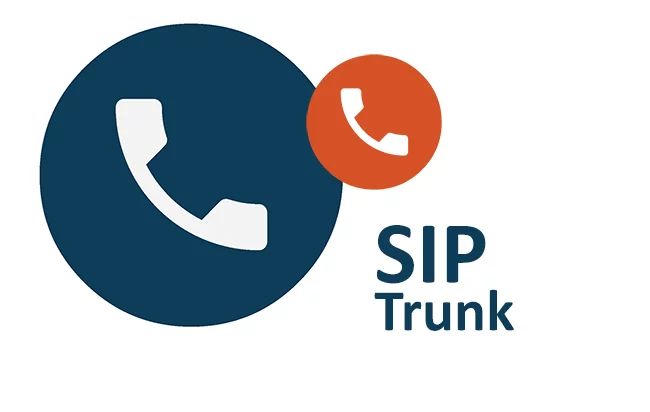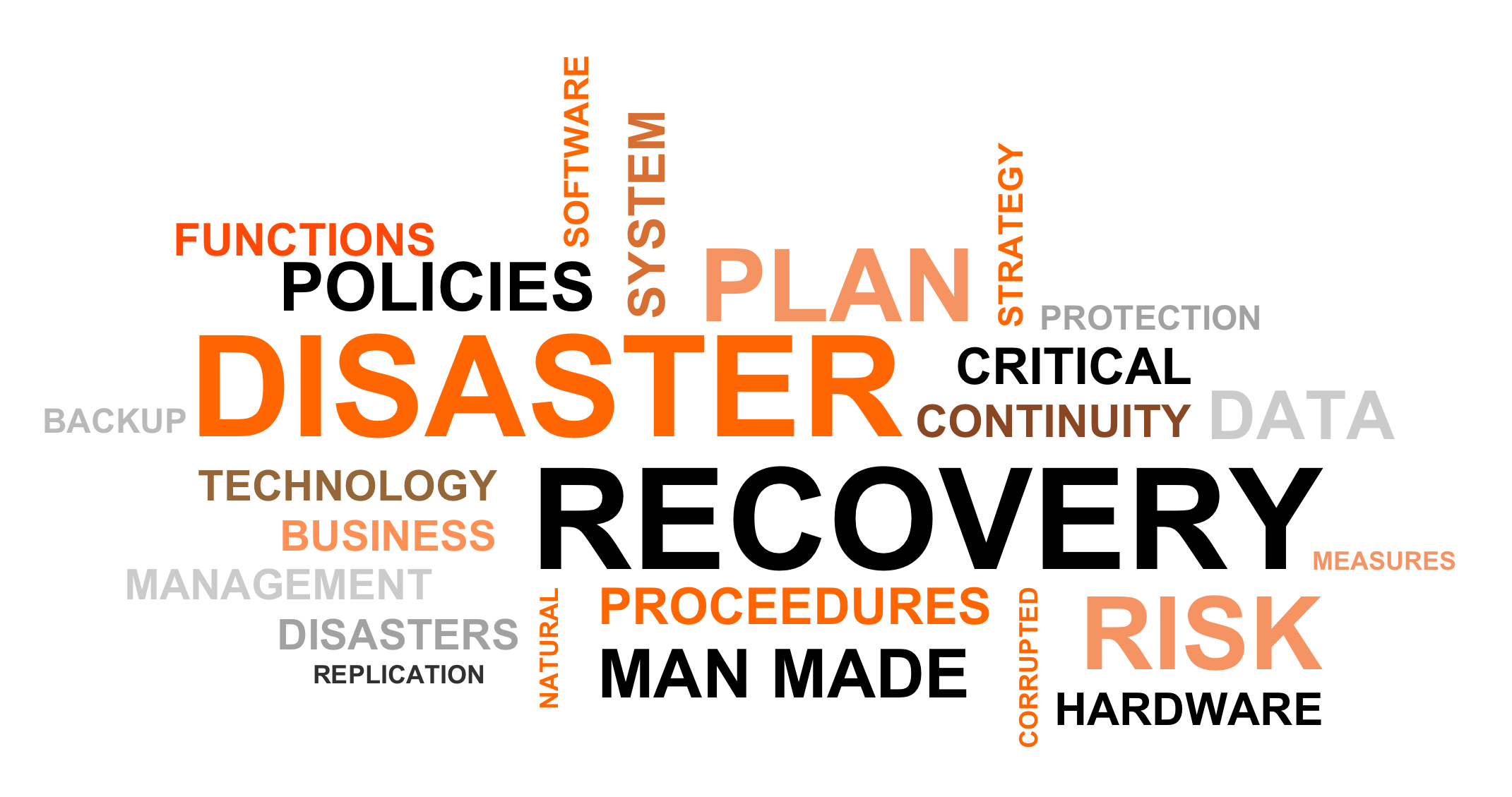24/7 IT Support for Hospitals and Clinics: Enhancing Patient Care

Introduction
In the fast-paced and high-stakes environment of healthcare, reliable IT support is crucial for hospitals and clinics. As technology becomes increasingly integrated into patient care, the need for 24/7 IT support has never been more significant. This support not only ensures that healthcare providers can access critical systems and data but also enhances patient care by minimizing downtime and optimizing operational efficiency. Central to this IT support is the role of Network Management Service, which are essential for maintaining seamless connectivity and security. This article explores how 24/7 IT support, coupled with effective network management, enhances patient care in healthcare facilities.
The Importance of 24/7 IT Support in Healthcare
1. Continuous Availability of Critical Systems
Healthcare providers rely on various software applications, including Electronic Health Records (EHR), telemedicine platforms, and diagnostic tools. Any downtime in these systems can impede patient care and lead to delays in treatment. 24/7 IT support ensures that these systems remain operational at all times, allowing healthcare professionals to focus on delivering care rather than troubleshooting technical issues.
2. Rapid Response to Technical Issues
In a healthcare setting, technical issues can arise unexpectedly and require immediate attention. Whether it’s a malfunctioning EHR system or network connectivity issues, having 24/7 IT support means that problems can be addressed promptly, minimizing disruptions and ensuring that patient care is not compromised.
3. Compliance with Regulatory Standards
Healthcare organizations must comply with various regulations, including HIPAA, which mandates the protection of patient data. Continuous IT support helps ensure that security measures are always in place and that systems are monitored for compliance, reducing the risk of fines and legal issues.
4. Enhanced Patient Experience
When healthcare providers have access to reliable IT support, it translates into a better patient experience. Patients benefit from reduced wait times, efficient scheduling, and timely access to their medical records. Ultimately, this leads to higher patient satisfaction and trust in the healthcare system.
The Role of Network Management Services
1. Ensuring Network Reliability
Network Management Service are vital for maintaining the reliability of a healthcare organization’s network infrastructure. These services monitor network performance continuously, identify potential issues before they escalate, and ensure that critical applications are always accessible.
2. Bandwidth Optimization
Healthcare facilities often face high demand for bandwidth due to the increasing number of connected devices and applications. Network management services optimize bandwidth to ensure that essential systems, such as EHR and telemedicine platforms, operate smoothly, even during peak usage times.
3. Security Measures
With the rise in cyber threats targeting healthcare organizations, implementing robust security measures is essential. Network management services help protect sensitive patient data through firewalls, intrusion detection systems, and encryption, ensuring compliance with regulatory standards.
4. Data Backup and Recovery
In healthcare, data loss can have catastrophic consequences. Network management services provide regular data backup and recovery solutions, ensuring that critical patient information is safeguarded and can be restored quickly in the event of a system failure or cyber incident.
Case Studies: The Impact of 24/7 IT Support and Network Management
1. Urban Hospital System
A large urban hospital system implemented 24/7 IT support alongside comprehensive network management services. As a result, the hospital experienced a significant reduction in downtime related to IT issues, leading to improved patient care and operational efficiency. Staff reported higher satisfaction levels due to reliable access to EHR systems, enabling them to provide timely care.
2. Rural Health Clinic
A rural health clinic struggled with intermittent network connectivity issues that affected its ability to provide telemedicine services. By partnering with a managed IT service provider for 24/7 support and network management, the clinic optimized its network performance and enhanced its telehealth offerings. Patients were able to receive care remotely, improving access to healthcare in underserved areas.
Best Practices for Implementing 24/7 IT Support
1. Choose the Right IT Partner
Selecting a reliable managed IT service provider is crucial for effective 24/7 IT support. Look for providers with experience in healthcare IT and a proven track record of enhancing operational efficiency and patient care.
2. Develop a Comprehensive IT Strategy
Healthcare organizations should develop a clear IT strategy that outlines their goals, challenges, and the necessary resources. This strategy should include plans for network management, data security, and compliance to ensure a holistic approach to IT support.
3. Regular Training for Staff
Training healthcare staff on how to effectively use technology and understand the importance of IT security is essential. Regular training sessions can help staff recognize potential issues early and utilize IT systems effectively.
4. Monitor and Evaluate IT Performance
Continuous monitoring and evaluation of IT performance are necessary to identify areas for improvement. Regular assessments can help healthcare organizations adapt their IT strategies to meet evolving needs and challenges.
Conclusion
The integration of 24/7 IT support and effective Network Management Service is essential for enhancing patient care in hospitals and clinics. By ensuring continuous availability of critical systems, optimizing network performance, and implementing robust security measures, healthcare organizations can provide high-quality care and maintain compliance with regulatory standards. As technology continues to evolve, investing in reliable IT support will be crucial for healthcare providers looking to improve operational efficiency and enhance the patient experience.








